Bipolar disorder is a complex mental health condition characterized by drastic shifts in mood, energy, activity levels, and the ability to carry out daily tasks. Individuals with bipolar disorder experience highs known as manic episodes and lows referred to as depressive episodes. Understanding the signs and symptoms is crucial for early diagnosis and effective treatment.
Identifying The Signs And Symptoms of Bipolar
Identifying the signs and symptoms of bipolar disorder is essential for early intervention and effective management of the condition. Bipolar disorder is a mental health condition characterized by extreme mood swings that include emotional highs (mania or hypomania) and lows (depression). These mood swings can vary in intensity and duration, and they can significantly impact a person’s daily life, relationships, and overall well-being.
Manic Episodes
During manic episodes, individuals may exhibit:
- Elevated Mood: Unusually cheerful, euphoric, or overly optimistic.
- Increased Energy: A significant surge in energy levels, often leading to hyperactivity.
- Racing Thoughts: The mind may feel like it is flooded with different ideas, often making it hard to focus.
- Decreased Need for Sleep: Individuals may feel rested after just a few hours of sleep.
- Impulsivity: Engaging in risky behaviors such as excessive spending, gambling, or unprotected sex.
- Irritability: Becoming easily agitated or showing aggressive behavior.
Depressive Episodes
During depressive episodes, individuals may experience:
- Persistent Sadness: A prolonged feeling of sadness or emptiness.
- Loss of Interest: Little to no interest in once-enjoyable activities.
- Fatigue: Extreme tiredness, lethargy, or a lack of energy.
- Changes in Appetite: Significant weight loss or gain, unrelated to dieting.
- Sleep Problems: Insomnia or sleeping excessively.
- Suicidal Thoughts: Thoughts of death or suicide, which require immediate professional intervention.
Mixed Episodes
At times, individuals may experience symptoms of both mania and depression simultaneously. Recognizing these mixed episodes is crucial for tailoring the appropriate treatment plan.
Resilience Behavioral Health’s Bipolar Treatment Services in Atlanta
At Resilience Behavioral Health in Atlanta, we are deeply committed to providing comprehensive and compassionate care for individuals battling bipolar disorder. Understanding the complex nature of this condition, our approach involves a multidisciplinary team of healthcare professionals who work collaboratively to ensure that each client receives personalized care. Our team includes psychiatrists, therapists, and support staff, all dedicated to helping clients achieve stability and improve their quality of life. By combining medical expertise with compassionate support, we strive to create a healing environment where individuals feel understood and empowered.
Our treatment programs are designed to address the unique needs of each client, utilizing a variety of evidence-based treatment options. These services include individual therapy, where clients can work one-on-one with a therapist to explore their emotions and develop effective coping strategies. We also offer group therapy sessions that provide peer support and foster a sense of community among clients. Additionally, our psychiatric services include medication management to help stabilize mood and manage symptoms. At Resilience Behavioral Health, we are dedicated to providing a holistic approach to treatment, ensuring that all aspects of our clients’ mental health are addressed in a supportive and nurturing environment.
Below are some of the different services you can expect to receive if you are showing the signs and symptoms of Bipolar Disorder:
Comprehensive Assessments
Our thorough evaluation process ensures an accurate diagnosis. We use a combination of clinical interviews, psychological testing, and medical assessments to understand each patient’s unique condition.
Medication Management
Effective management of bipolar disorder often requires pharmacological intervention. Our psychiatrists are experienced in prescribing and adjusting medications to manage symptoms and reduce the frequency and intensity of mood episodes.
Psychotherapy
We provide various forms of psychotherapy such as:
- Cognitive Behavioral Therapy (CBT): Helps patients recognize and change negative thought patterns.
- Interpersonal and Social Rhythm Therapy (IPSRT): Focuses on stabilizing daily rhythms like sleep and routine activities to reduce mood swings.
- Family Therapy: Educates family members about the disorder and involves them in the treatment process to create a supportive environment.
Furthermore, at Resilience Behavioral Health, we recognize the power of community and shared experiences in the healing process. That’s why we offer support groups where individuals can connect with others who are facing similar challenges. These groups provide a safe space to share personal experiences and coping strategies, helping to reduce feelings of isolation and fostering a sense of belonging among participants.
In addition to emotional support, we emphasize the development of essential life skills that can empower individuals to navigate daily challenges more effectively. Our programs include comprehensive training in life skills such as stress management, communication, and problem-solving. By equipping individuals with these tools, we aim to help them lead more balanced and productive lives, both during and after treatment.
We also understand the importance of addressing the whole person in mental health care, which is why we offer a range of holistic therapies. These complementary treatments, including mindfulness practices, yoga, and more. For more information about our Bipolar treatment services in Atlanta, contact our admissions team.
Find Compassionate Bipolar Treatment In Atlanta
At Resilience Behavioral Health, we believe in a patient-centered approach to care. We dedicate ourselves to helping each individual achieve stability, resilience, and a better quality of life. For more information about our bipolar disorder treatment services in Atlanta, please contact us directly.
For those dealing with bipolar disorder or anyone who knows someone who might need help, reaching out for professional support can be a crucial step towards recovery and managing the condition effectively.



